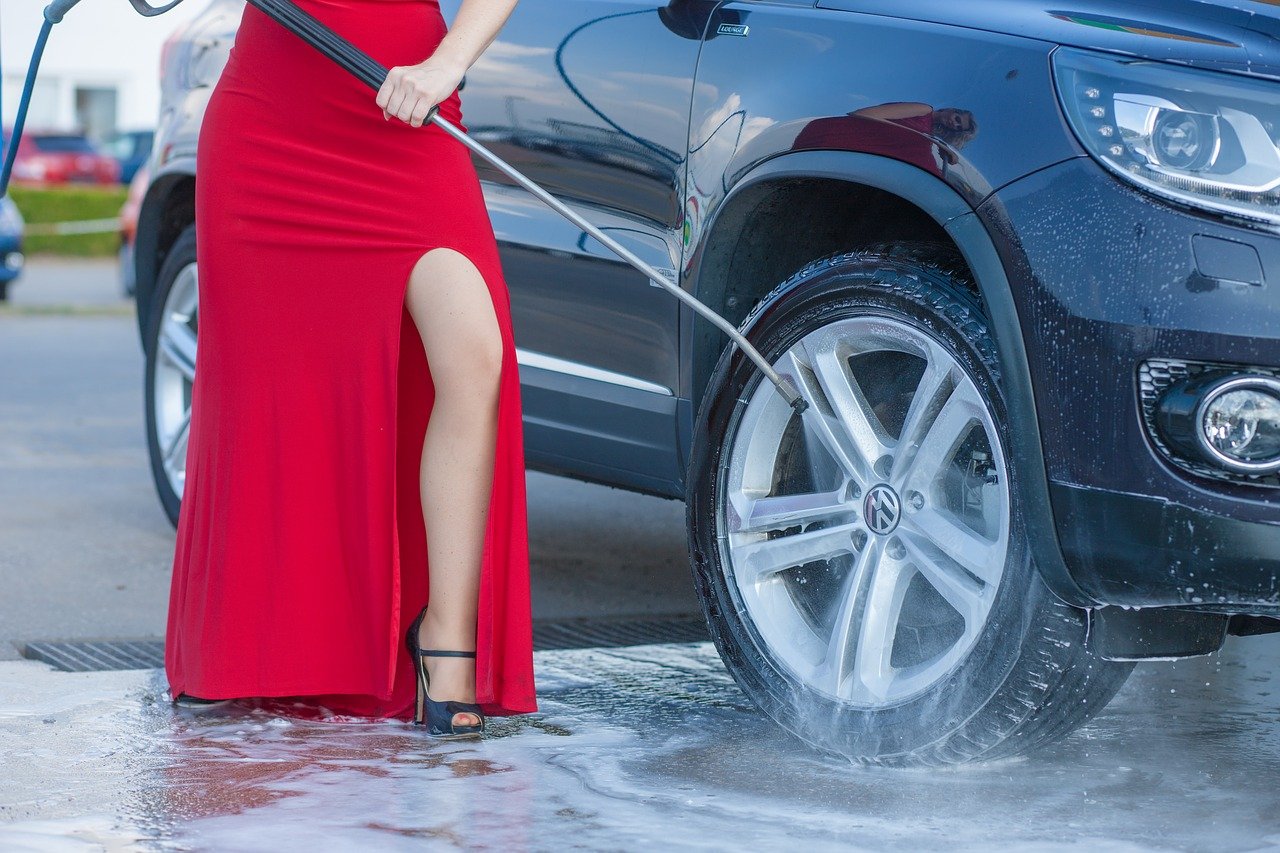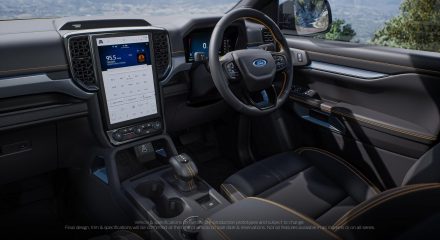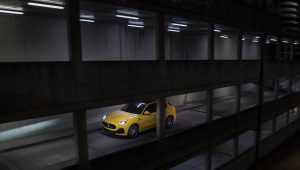Why you should never leave food inside your vehicle

We spend a lot of time in our vehicles and for many, they resemble a second home. The average South African driver spends 36 hours stuck in peak hour congestion every year. As such, motorists try to game the system and claim back as much lost time as they possibly can.
One of the ways they try to achieve this is by eating in the car. Catching a glimpse of a cereal bowl is not an uncommon sight in early morning traffic on South African roads, however, motorists should practice caution because cars are not suited to eating, for several reasons.
Firstly, your car is filthier than you realise. In fact, it is about nine times dirtier than a public toilet seat, according to microbiologists from Queen Mary University of London.
Researchers found that the steering wheel, driver’s seat floor and gear shift leaver contained an average of 700 bacteria per 10 square centimetres, while public toilet seats only contained about 80 bacteria in the same area.
“While most of the bacteria were unlikely to cause health problems, some cars were found to play host to a number of potentially harmful bacterial species,” said Dr Ron Cutler.
The potentially harmful bugs included ‘Bacillus cereus’, which can cause food poisoning and Arthrobacter, which is often found in rotting organic material.
The presence of bacteria in the vehicle is one of the reasons why you should never leave food in your car.
Bacteria thrive in the hot and moist conditions found inside cars and can rapidly multiply – those same conditions are detrimental to perishable food.
Perishable food can be safely stored for up to two hours outside the refrigerator as long as the air temperature remains under 32 degrees celsius. When the air temperature exceeds that threshold the food can spoil in less than an hour.
Ideally, you should not leave any food or groceries in the car but sometimes this cannot be avoided.
To keep your items safe, consider carrying a cooler box, cold gel packs or insulated bags in your vehicle, as these will ensure the longevity of your items if you know you cannot head straight home after shopping.
Foodstuff left in the car can also lead to a foul odour, which will make the experience of driving very unpleasant. Open cans of liquid – juice, soft drinks, coffee – may lead to sticky spills and can even damage your vehicle’s components if it seeps into important electronic bits.
Best practice is to head straight home after you’ve done the shopping and remove any food or drinks from the vehicle whenever you disembark.
The importance of regularly cleaning your vehicle on the outside and inside cannot be stressed enough, as an unhygienic car poses a risk to you and your family’s health.
ALSO READ: TIPS FOR CLEANING YOUR VEHICLE’S INTERIOR
ALSO READ: 7 HACKS TO KEEP YOUR CAR CLEAN
Picture: Pixabay







